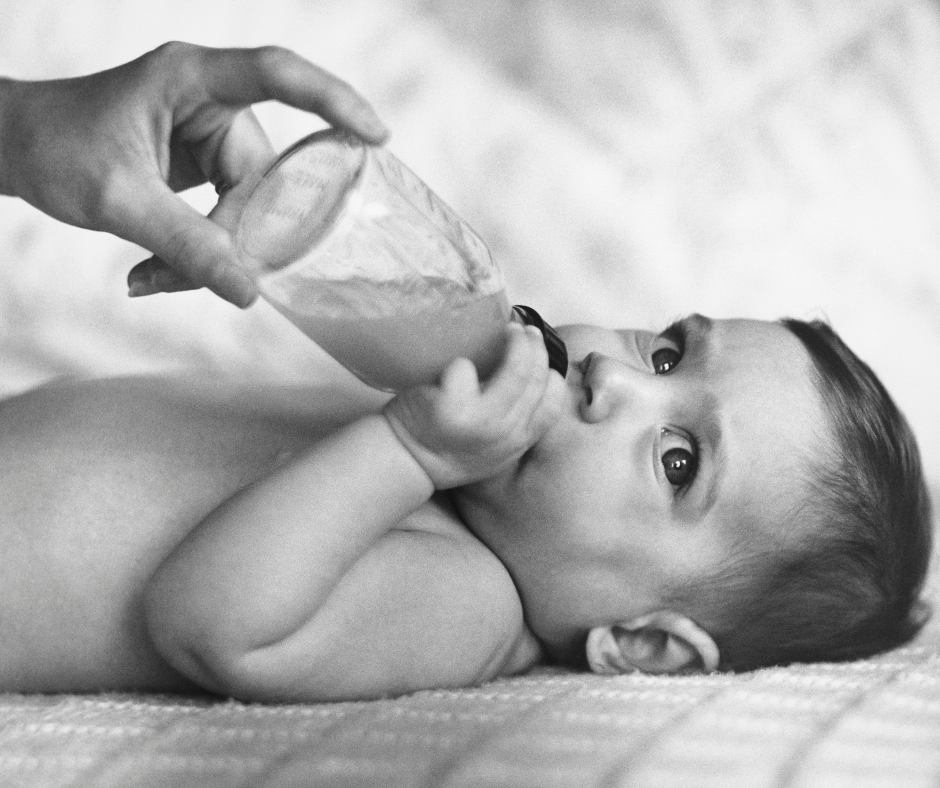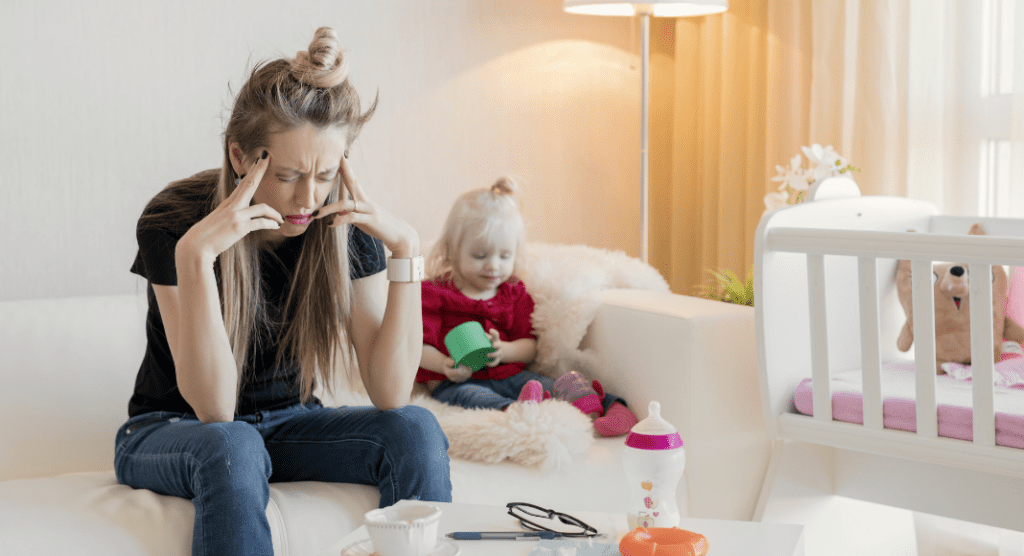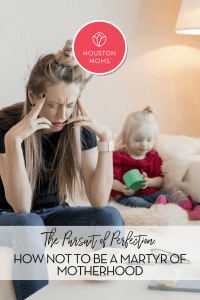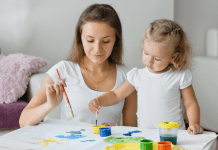“Free yourself from perfectionism,” my good friend OT McAlpine wrote in her blog, before introducing award-winning parenting guru, L R Knost’s quote:
Parenting has nothing to do with perfection. Perfection isn’t even the goal, not for us, not for our children. Learning together to live well in an imperfect world, loving each other despite, or even, because of our imperfections, and growing as humans as we grow our little humans, those are the goals.
This really spoke to me.
Two months ago, I penned Parenting: Is it Time to Start Thinking Like a Man?, where I considered the seemingly different mindsets that can exist between sexes, while also lamenting my apparent ‘not doing better’ at this whole parenting gig.
I had a niggling suspicion that I am falling short of perfection somewhere in my ‘duties’ as a mother.
An Unpredictable Equation
Like most women, I strive to do well in the things I care about. And there is nothing a mother cares about more, than the well-being of her child/children.
But amidst this pressure to ‘get things right’, we often forget that it’s not entirely within our control.
Sure, we can parent and guide as best we can, but our children are their own people, with their own minds. They aren’t always predictable – their brains, logic, and personalities not yet fully formed. Emotions can be excessive. And not easily contained. Which all means, at times, life can be something of an…erm…challenge.
Expectations vs Reality
“Keep expectations of yourself and your children in check and lower them if needed,” OT McAlpine told me once. “Reframe things in your mind.”
By reframing things and changing our perspective, we can also change our response, and our outlook, too.
And wouldn’t life be that much easier, if we were to rid ourselves of those lofty, pre-child parenting ideals of perfection seeded in our heads?
It’s a Generation Thing
Before we have our own children, we form ideas on parenting {good or bad} from our own experiences, the people around us, and what we see and read. We have thoughts on how children should behave and how we should behave as parents, which you come to realise, are grossly unrealistic.
While some may argue expectations of how children should behave were higher in years gone by, perhaps our own expectations are higher still. After all, we travel and eat out far more than previous generations, all with kids in tow; this cultural shift of children being in ‘grown-up’ public settings comes with its own pressure.
Great Expectations
Recently, I happened across, Why the Perfect Mother Ideal Sets Us Up for Failure, which documents the idea of feeling ‘not enough’.
Here, The Motherhood Complex author, Melissa Hogenboom discusses the unrealistic ideals pinned to mothers, and ultimately, how it affects women’s equality today.
“For too long, ideas around womanhood and motherhood have gone hand in hand…For those who do become mothers it’s the start of a time rife with expectations and judgement,” she explains. “There are expectations placed on mothers to behave in a very specific way, and anything outside these norms is scrutinized.”
As we all know, perceptions of what a ‘good mother’ is, begin long before a child is born; with foods and drink choices, portion sizes, and the suitability of engaging in more physical exercise, all up for scrutiny during pregnancy.
This only precedes the bigger judgements yet to come. The BIRTH. And bigger still, BREASTFEEDING {or not}.

Even after weaning {puree/finger foods/homemade/store-bought}, the barrage of judgements {co-sleeping/sleep training}, working full-time/part-time/stay-at-home, and so on, continue.
Melissa says, “Despite a greater awareness on gender inequality, women are still pigeonholed as being the primary caregivers and pressure to be ‘perfect mothers’, which leads to guilt and shame when those societal expectations aren’t met.”
Happy Families?
Naturally, such pressure can have an impact on a mother’s wellbeing, and despite long-held beliefs that a family equates to later life happiness; this is not strictly true according to the data.
“Research shows parents are less happy than non-parents, largely due to child-centered and intensive parenting ideals,” Melissa explains, “Sleep deprivation, guilt and worry, and loss of freedom and being pushed into typical gender roles were among the cited reasons for this.”
Moms have to juggle A LOT, and trying to be a good parent, along with EVERYTHING ELSE, is no mean feat.
Although women can raise a family and continue work – for most, careers have been put on hold, reduced in hours, or have suffered, professionally, in some way.
Therefore, the idea of ‘having it all’, for many, appears an elusive concept; only to be replaced with a ‘Jack of all trades, master of none’ complex, instead.
Less Than Perfection
 So what do we gain from all the guilt and worry when it comes to raising our families well?
So what do we gain from all the guilt and worry when it comes to raising our families well?
Nothing, unsurprisingly.
And it’s not helpful for our children either.
“…if we martyr ourselves for our children, what message does this send to the next generation?” reflects Melissa. “Given the contradiction that mothers are constantly doing more out of a worry of not doing enough, our children will thank us later for considering our own happiness. If we are happier, they are bound to be too…”
So with that in mind, perhaps it’s time we all made peace with imperfection.



















